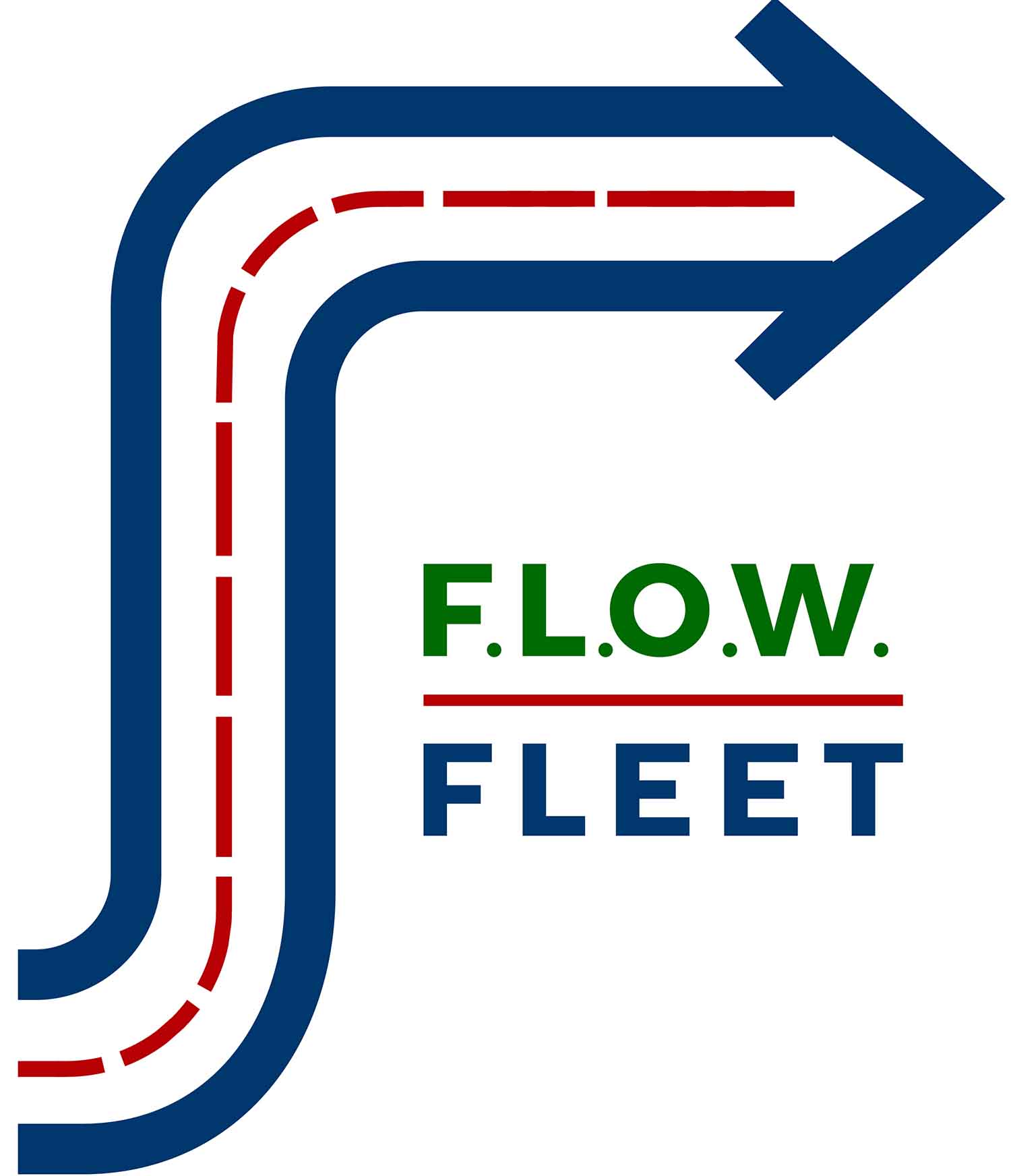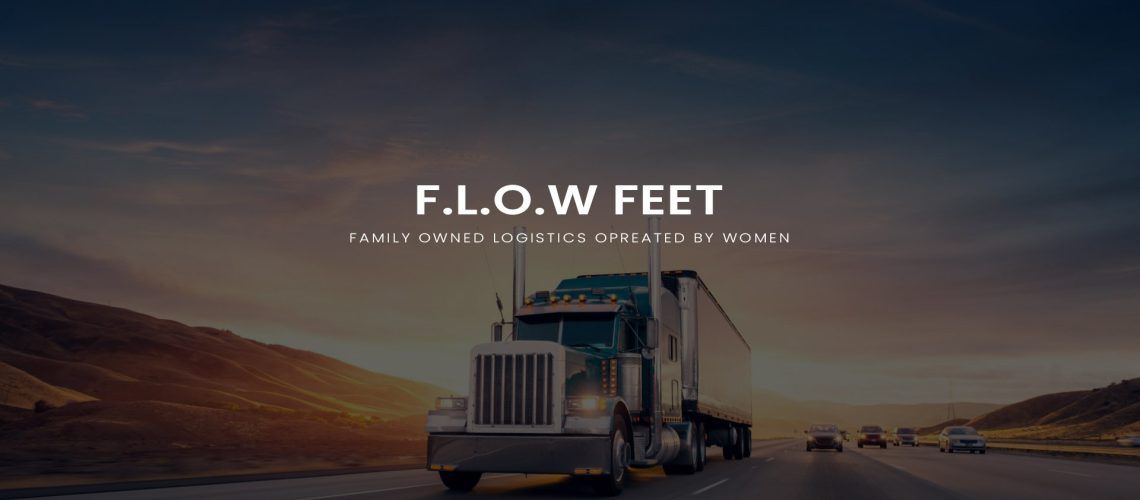With the increasing pressure on businesses to map out their paths to decarbonization, the trucking industry as a high-emitting sector is increasingly finding itself in the spotlight.
According to an International Transport Forum (ITF) report, freight accounts for 7% of total global CO2 emissions, with trucking being the biggest contributor. As the world faces more effects of climate change every day, the trucking industry is driving toward a greener, more efficient future.
Both large trucking companies and small shippers are taking steps to reduce emissions. If this trend continues, the future of zero-emission transport will become increasingly viable.
Here are some of the ways that the trucking industry is becoming more sustainable.
Optimized Route Planning
For many trucking companies, sustainability starts with the use of technology and data. By tracking and analyzing the performance of individual trucks, companies can make more informed decisions about route planning, fuel usage, and maintenance schedules.
Traffic and weather can slow trucks down, hurting fuel economy. For example, if a driver is stuck in a traffic jam, they’ll use more fuel.
Using real-time traffic data, artificial intelligence (AI) systems to predict weather and traffic, and optimized routing software helps trucking companies to reduce their carbon footprint.
Full Truckloads (FTLs) and Empty Miles Reduction
In 2017, empty miles accounted for approximately 17% (~74.2 million metric tons) of the US trucking industry’s greenhouse gas (GHG) emissions.
To address this issue, companies are increasingly turning to full truckload (FTL) shipments, which allow them to transport a full truckload of goods with no additional empty miles. This reduces emissions and saves on fuel and labor costs, making it a win-win for sustainability and profitability.
Alternative Fuel Options
As demand for sustainability increases, trucking companies are exploring various alternative fuel options. This includes everything from biofuels made from algae or waste products to electric trucks powered by renewable energy sources.
Alternative fuel vehicle technologies using batteries, hydrogen fuel cells, and renewable natural gas are increasingly accessible in the freight industry. As a result, we can expect more emission-free trucks on the road in the coming years.
Improved Aerodynamics
In order to further reduce fuel usage, companies are also turning to aerodynamic technologies like trailers that streamline air flow and optimize energy use. With the increased use of automation, truck manufacturers can find more effective speeds using IoT sensors.
Furthermore, ATRI has also developed driving practices that maximize fuel efficiency and thus reduce emissions. Maintaining a consistent, not maximum, speed minimizing idle time, and choosing optimal routes are just some recommendations.
Bottom Line
As sustainability becomes increasingly important in the trucking industry, companies are taking several strategic steps to reduce their emissions and become more efficient.
From optimized route planning to alternative fuel options and improved aerodynamics, these efforts are helping to pave the way toward a greener future for freight transportation.
With further research and technology development, these options will only increase. The trucking industry is greener than ever and is on the right path to reaching net-zero emissions in the foreseeable future.



